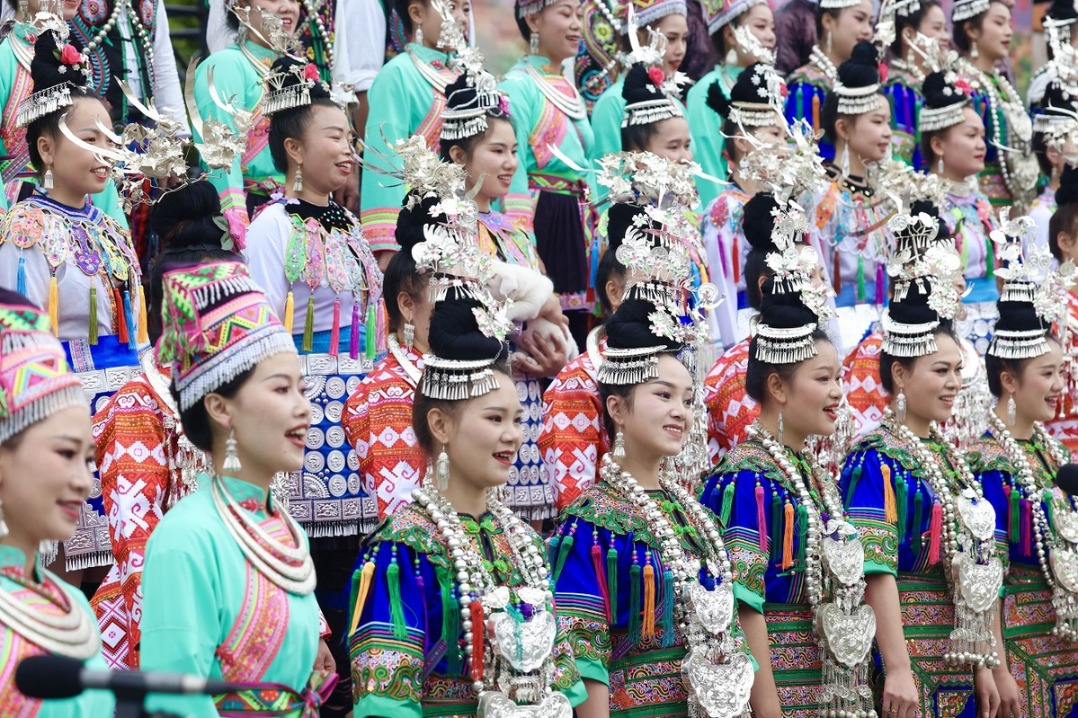Pandemic exposes more African children to abuse
By Otiato Opali in Nairobi, Kenya | China Daily | Updated: 2020-08-22 11:05

Concerns have been flagged that abused children in Africa are being put at even greater risk of violence because of the upheavals caused by the coronavirus pandemic.
The United Nations' children's agency, UNICEF, has highlighted how an outbreak of the Ebola virus in West Africa weakened structures set up to protect children.
The experience from that outbreak, as well as lessons learned from emergencies around the world, is set out in a report, Protecting Children from Violence in the Time of COVID-19: Disruptions in Prevention and Response Services.
The report said that authorities in 104 of the 136 countries that responded to the global survey reported interruptions in services, such as case management, referrals and home visits by child welfare and social workers.
The report found that the level of violence against children increased after the onset of many emergencies, though the number of reports of such incidents was lower as a result of disruptions to reporting mechanisms.
However, the UNICEF report revealed that Africa has fared relatively well due to the lessons learned from past outbreaks of disease, and ranks fourth in the proportion of countries reporting service disruptions. South Asia has the highest proportion, followed by Eastern Europe and Central Asia.
In Kenya, measures have been put in place during the coronavirus outbreak, including increased technical and financial support for a children's helpline. The service now allows counselors to access calls remotely, and sits alongside advocacy work that elevates child protection as an essential service in the country's COVID-19 response.
In Guinea-Bissau, support for mobile services in cities and villages was stepped up to reduce domestic violence, assaults against children, child marriage and female genital mutilation. Some 109 rural communities and the city of Bissau had benefited from these services by the end of June.
UNICEF Executive Director Henrietta Fore said: "Ongoing school closures and movement restrictions have left some children stuck at home with increasingly stressed abusers. The subsequent impact on protection services and social workers means children have nowhere to turn for help."
According the agency's global survey, more that half of the world's countries have reported disruptions in case management, referral services and home visits by child welfare and social workers during the pandemic.
"Too many children rely on child protection systems to keep them safe," Fore said. "In times of crisis, governments must have immediate and long-term measures that protect children from violence, including designating and investing in social service workers as essential, strengthening child helplines and making positive parenting resources available."
- Concerns raised over prolonged school closures in Africa
- Southern Africa urged to strengthen COVID-19 impact mitigation
- Kenya receives medical aid as first ladies work to help women, children
- International community urged to help prevent hunger crises
- Over 8,000 health workers in Africa contract COVID-19
























